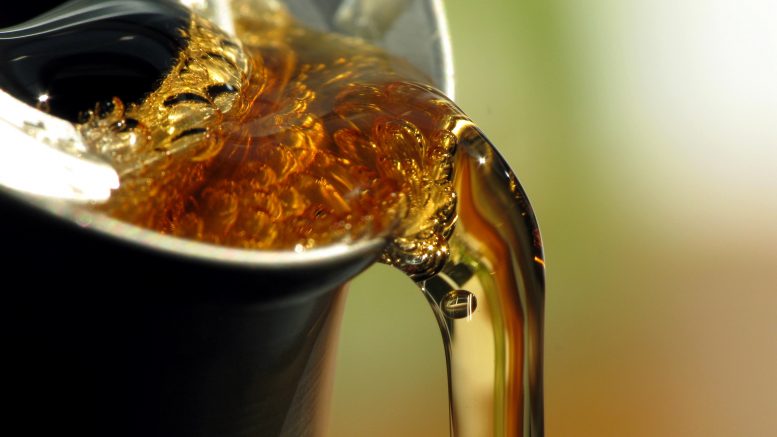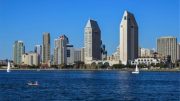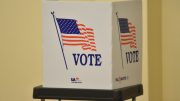The term “Big Soda” gets thrown around a lot to describe how soda companies have a tendency to act like the big, bad oil and tobacco companies who wield immense lobbying power and advertising budgets to match.
It might sound like an exaggeration to compare the big three soda companies (The Coca-Cola Company, PepsiCo, and the Dr Pepper Snapple Group) to corporations like Philip Morris, but a recent lawsuit is alleging just that.
The suit, filed by public health advocacy group The Praxis Project , claims that Coca-Cola deliberately “deceives” its consumers about the health risks of sugar-sweetened drinks. It also goes a step further and says that the soda company gets a hand from the American Beverage Association (ABA) in doing so.
More specifically, Praxis alleges that Coca-Cola and the ABA “ramped up their campaign of misrepresentation and deception” in 2012, due to a growing body of scientific studies linking sugar to obesity, type 2 diabetes, and cardiovascular disease.
The plaintiffs also accuse Coca-Cola of advertising the sweet stuff to children “on a massive scale,” despite explicit promises to the contrary. And that’s where the gloves come off. “Like the tobacco industry, Coca-Cola needs to replenish the ranks of its customers, and it tries to recruit them young.”
And that’s not the only comparison to the tobacco industry. “Just as the tobacco industry formed the Tobacco Industry Research Committee in 1953 to respond to scientific evidence linking smoking to lung cancer,” the lawsuit goes on to say, “Coca-Cola’s strategy was one of ‘cultivating relationships’ with scientists as a way to ‘balance the debate’ on sugar- sweetened beverages.”
When asked about the lawsuit, ABA Vice President William M. Dermody Jr. issued the following statement, saying that it was “ on behalf of the whole industry.”
“America’s beverage companies know we have an important role to play in addressing our nation’s health challenges,” he said. “That’s why we’re engaging with health groups and community organizations to drive a reduction in the sugar and calories Americans get from beverages. Unfounded accusations like these won’t do anything to address health concerns, but the actions we’re taking, particularly in areas where obesity rates are among the highest, can make a difference.”
Coca-Cola, for its part, says the allegations are unfair, given how much they’ve been focusing on moving toward a healthier product line.
“This lawsuit is legally and factually meritless,” Coca-Cola told MUNCHIES in an e-mail. “We take our consumers and their health very seriously and have been on a journey to become a more credible and helpful partner in helping consumers manage their sugar consumption. To that end, we have led the industry adopting clear, front-of-pack calorie labeling for all our beverages.”
Coca-Cola also says they will focus on offering new products and not targeting children with their advertising.
“We are innovating to expand low- and no-calorie products, offering and promoting more drinks in smaller sizes, reformulating products to reduce added sugars, transparently disclosing our funding of health and well-being scientific research and partnerships; and do not advertise to children under 12. We will continue to listen and learn from the public health community and remain committed to playing a meaningful role in the fight against obesity . ”
The lawsuit comes as soda companies struggle to rebrand and sell their flagship sodas at the rate they once did, and as soda taxes are becoming increasingly popular across the globe. Big Soda might be feeling just a little less big as tides change.
Source: munchies.vice.com




